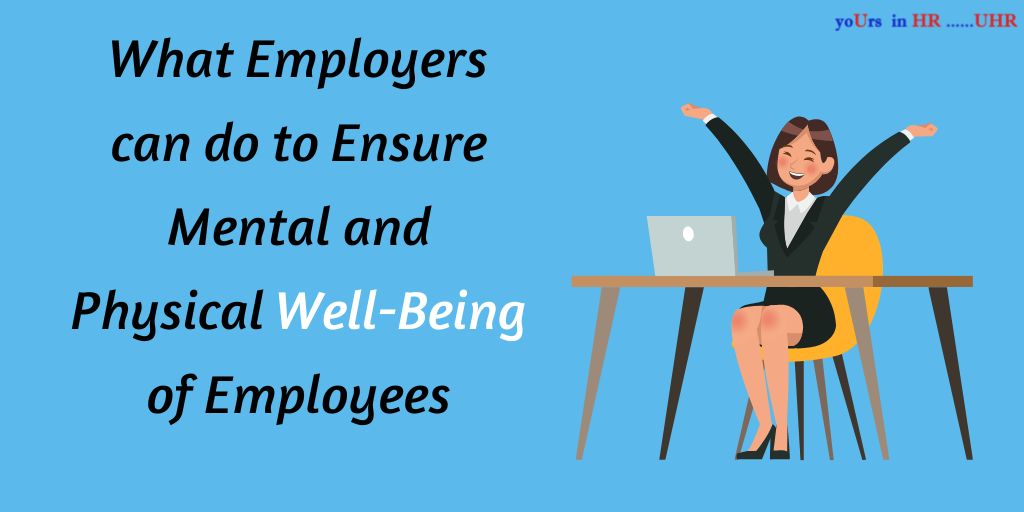
In our earlier article, we talked about the pros of hiring a candidate with limited or no experience. To summarise it briefly, hiring such a candidate with limited or no experience is likely to bring in new perspectives and ideas to the team. They also bring in opportunities for mentorship, along with their eagerness to learn and prove themselves. Moreover, it is also less expensive overall to hire a candidate with limited or no experience. As mentioned in the earlier article, ‘a candidate with more experience will demand more salary, because they will have the credentials to do so and naturally, the cost of hiring them would be more. Whereas someone with less or no experience would be ‘motivated by finding a job in the first place, and they might actually not demand a high salary. Their motivation is to learn and gain experience; the motivation of an experienced candidate is to get a better job, a better pay.’
Let us change our point of view here; let us think from the perspective of a candidate.
Is learning and gaining experience always the only motivation? Should it be the only motivation? Is money really not, or should not be that important to a candidate with limited or no experience? As a candidate, have you found yourself wondering how important should the role of money be in your job search?
Like most things in life, the context, the situation and individual case matter. Let us delve a little into this: how important should money be to you as a candidate with little or no experience?
Peer Pressure:
Often times, recruiters have heard candidates ask for a certain salary simply based on what they have heard their friends might be earning. While it is understandable that peer pressure, a certain competition with people of similar age groups might lead one to expect a certain salary, the question one can instead ask is:
At this point in my career, is the learning, the skillset-building, is the experience more important or the money? Many a times, a peer who has landed a cushy job with a fancy designation ends up earning a lot, but not learning so much. In the long run, their resumes might not show that many improvements when it comes to learning and skill-set. If you are someone who is mostly looking for learning and experience, giving too much importance to money might not be the best way to exercise your choice.
This is not to say that you should reject a cushy well-paid job if it comes your way! Read on.
Case by Case:
Instead of thinking in terms of comparison, it is best to take things case by case, where factors such as location, overall living expenses, immediate concerns are considered. There are some people who might need a certain amount of salary because they might be living away from their homes, and hence a significant portion of their salaries might go into accommodation, travel expenses and other expenses needed to run a household all by yourself. Learning and skill-set building is one factor but setting up a base on your own at a new location is another thing. Are you someone like this? Or are you someone who doesn’t have to keep these things in mind? It is a good idea to think about these case-by-case factors when it comes to your decision about how important is money to you.
There are also people who might be the sole earners of their family, and for them too, more salary becomes something that ends up taking higher priority.
It is important to think about one’s own life situation and that of their peers and colleagues before deciding on how important or not important is money for them, especially if you are someone who is just starting out, or are starting out afresh.
Finally, it is natural to want the best of both worlds– we want to learn more, gain skills AND we want to earn more and gain some financial cushioning. It is possible that interviewers might ask a question that whether money is important or learning. Most of us as candidates might end up giving roundabout answers, unable to say anything concrete.
A fairly ideal example of answering this question by an article on the website CollegeGrad sums it up well:
“Yes, money is important to me, since it’s both a measure of my value and it helps me to take care of the personal needs in my life. But the opportunities for growth and advancement which would be offered to me are even more important to me than money as I grow and succeed in the role. Can you give me some examples of how others in this role have advanced in their careers over time?”
For the ones, who have the privilege to think about these choices, it is best to think about the personal answer in the long-term: once enough learning and skill-sets have been achieved, it is but natural that more money will follow. Learning leads to opening up of new avenues for one’s career development, inevitably leading to higher salaries. If learning is important to you, money will automatically follow.





